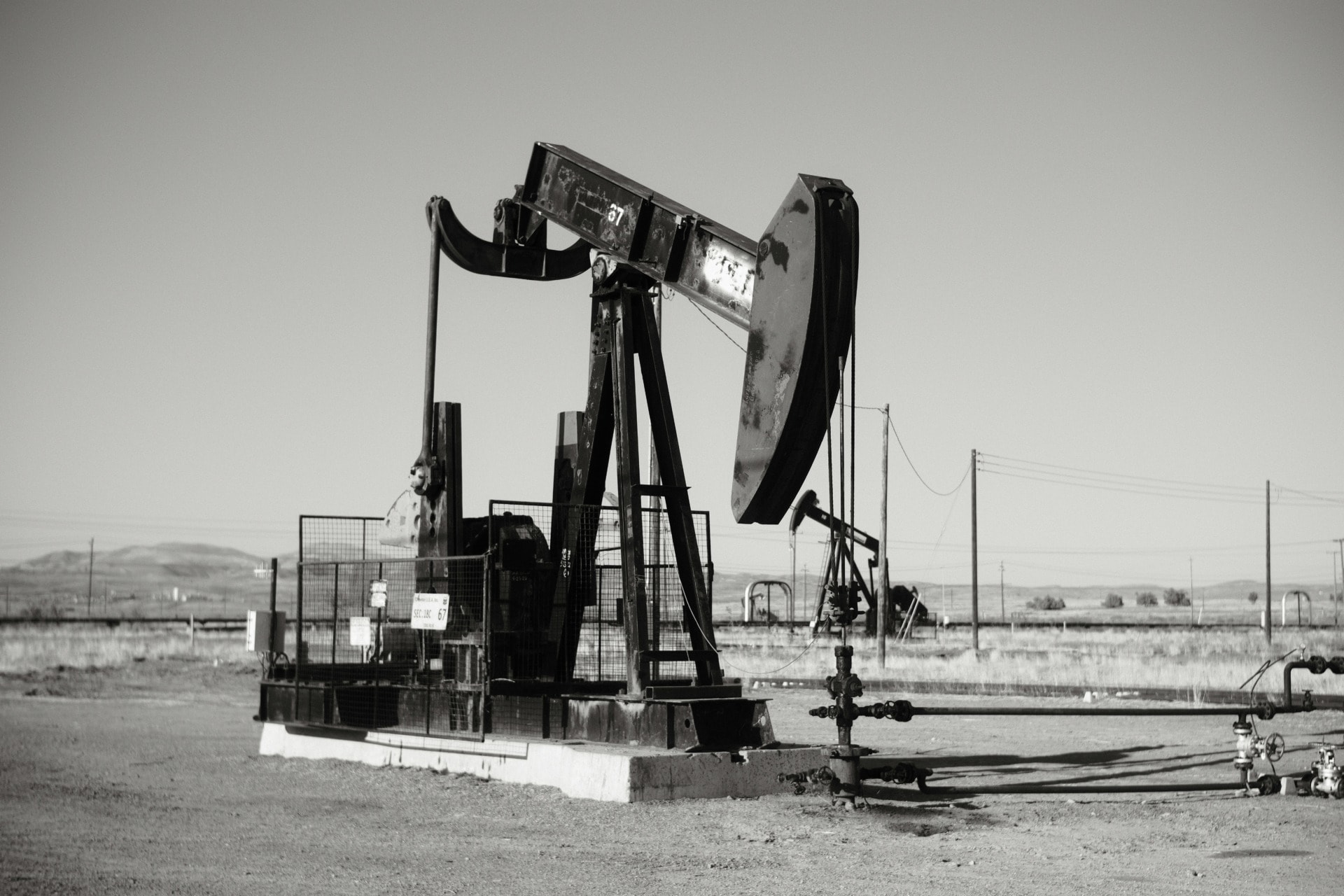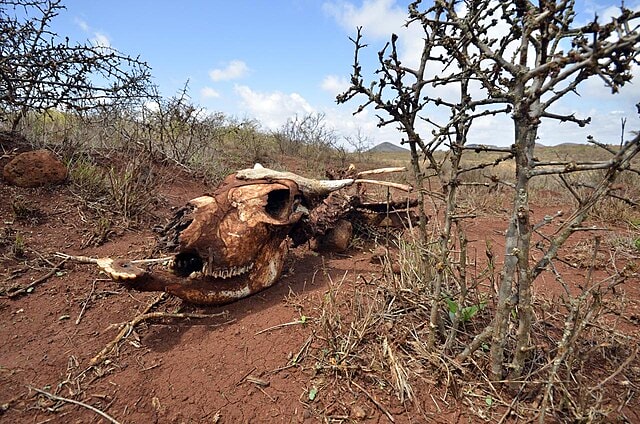Snow. Snow is disappearing as a result of climate change. Climate Change is caused by greenhouse gas (GHG) emissions, including CO2. CO2 emissions can largely be attributed to transportation and energy industries. These industries sponsor winter sports heavily. Winter Sports need snow. See the problem?
In a report published recently by Badvertising and thinktank New Weather Sweden, the extent of the irony is put forward. Most winter sports, ranging from the Olympic Games to national and local competitions, are sponsored by high-carbon companies responsible for melting the snow these events require to take place.
The study examines the toxic relationship between high carbon emitters, such as the car, oil and airline industries as sponsors, and the winter sports sector, as promoters of their own climate destruction through advertisements and sponsorships that normalise high carbon products, activities and lifestyles.
They are the 'Snow Thieves', so why are major climate polluters allowed to sponsor winter sports?
New report from us, @NewWeatherInst @NewSverige @BadvertisingS @RapidTransition @_wearepossible
On our site: https://t.co/tCdLw6UAYs
In the @guardian: https://t.co/IiSfkV1hy9 pic.twitter.com/kCphf0FrXG— badvertising @badvertising.bsky.social (@badvertising11) February 27, 2023
In 2022, over 100 athletes, events and organisations were sponsored by fossil fuel companies, automobile and airline companies. Car manufacturers had over 83 sponsorship deals, with Audi responsible for over 54 of them.
Other brands that invest heavily in winter sports sponsorship include Volvo, Gasprom and British Airways.
And yet, according to the report, “the activities of high-carbon sponsors of winter sports are destroying the very conditions those sports need to survive.”
Snow is not abundant, and temperatures are rising, even in high altitudes and latitudes. The snow coverage in the Northern Hemisphere has been shrinking by approximately 90,600 square kilometres every year, on average, since 1970.
This is equivalent to one-fifth the size of Sweden and one-third the size of Great Britain.
This is the direct consequence of human-induced climate change. We are now experiencing high temperatures, glacier loss, and shrinking snow coverage. In 2021, global average temperatures were recorded at 1.21°C higher than the mean pre-industrial levels.
In Switzerland, a country that relies on the Skiing industry for 1% of its national GDP and more than 10% in its mountainous regions, has experienced temperatures warmer by 2.4°C in the past decade.
Some ski resorts had to close down this year due to absurd Winter temperatures, reaching over 20°C.
Where do car industries come in?
The automobile industry is one the biggest CO2 emitters, catalysing climate change while simultaneously sponsoring the very sport they are contributing to killing.
In 2018, a “very conservative estimate” measured the global car industry to have spent over $1.285Bn on sports sponsorship, accounting for over 64% of their total sponsorship money.
This has led to a growth in demand for their products, responsible for an additional 202 million tons of greenhouse gas emissions per year.
Vasaloppet
Vasaloppet is the biggest cross-country ski race in the world, taking place on the first Sunday of March in Sweden.
The race, deemed as the “London Marathon” of ski races, is a huge part of Swedish history and significantly contributes to the economy and tourism of the localities it takes place in.
The sponsorship of the race is divided into multiple categories, consisting mainly of five bigger sponsors and other smaller ones.
Among the biggest sponsors of the event are car manufacturor Volvo and Preem, Sweden’s biggest supplier of petroleum products.
Although Volvo parades its investment in electric vehicles, they’re still known for producing the heaviest and most energy-consuming SUVs in Europe. The International Energy Agency reported that SUVs had been the “second-largest contributor to the increase in global fossil CO2 emissions in recent years”.
Related Articles: The Fossil Fuel Industry’s Anti-Climate Formula: ‘Deny, Deceive, Delay’ | Greenwashers Beware: Your Sustainability Exaggerations Are About to Get Expensive | Climate Change’s Catch-22| How Close Are The Most Sustainable Car Brands To Achieve Net Zero by 2050?
In 2022, 10.9% of cars sold by Volvo were fully electric, that is almost 1% above the average number of electric vehicles sold last year. In comparison, BMW’s share of plug-in cars sold in 2022 was 23% of all vehicles sold. Toyota, another brand advertising heavily their eco-friendly products, only had a 0.2% share of electric vehicles in their total car sales.
Another of the five main sponsors of the event is Preem, Sweden’s third biggest single emitter of CO2. As if that wasn’t enough emissions, Preem had planned to expand its operations, thus doubling the greenhouse gases it would emit.
Thankfully, after a tumultuous and intensive campaign by local citizens and environmental organisations, the Company abandoned these plans in 2020.
Still, and despite trying to advertise its transition towards a “ sustainable society,” its CO2 emissions actually increased from 2020 to 2021.
According to their self-reported CO2 emissions, Volvo was responsible for 32 million tonnes and Preem for 52 million tonnes in 2021. Combined, they are directly emitting 84 million tonnes of CO2 into the environment in a single year.
The report by Badvertising and New Weather Sweden has now estimated that these CO2 emissions directly led to the loss of 210 square kilometres of snow.
Now, Vasaloppet’s track is very narrow, only measuring 10 meters while being 90 km long. The surface area of the entire track is, therefore, 0.9 kilometre square.
Combined, the two sponsors of the race would be responsible for eliminating 233 Vasaloppet track races.
Ironic, isn’t it?
Sponsoring winter events often entails paying for the dispersion and production of synthetic snow. Synthetic snow was used for almost the totality of the Beijing Winter Olympics.
Yet, snowmaking requires large amounts of water and energy, which is often fossil-fuel based. The practice of replacing what fossil fuel companies are destroying still feeds right into their pocket, perpetuating the vicious cycle.
Sportwashing
Why do so many car companies want to sponsor winter sports?
We’ve already seen the example with Volvo, so now let’s look at other similar companies.
Audi sponsors the Ski and Snowboard Federation (FIS), as well as many individuals, events, and even race series, like the Audi FIS Alpine World Cup.
Similarly, BMW is bankrolling IBU Biathlon World Cup, while Toyota is behind the US Grand Prix for snowboarding and Freeski.
Yet, almost 90% of all vehicles produced by Audi in 2021 were fuelled by petrol or diesel.
So why partake in the irony?
Winter Sports are associated with beautiful nature, snowy landscapes, and clear blue skies — definitely not petrol, climate change, and pollution. Sponsoring Winter Sports events will help car manufacturers or airline companies rebrand their image, a marketing strategy that became known as sportswashing.
A similar issue was taking place in the 20th Century with the tobacco industry sponsoring sporting events.
However, after the adverse effects of tobacco were discovered, “Sport ended tobacco sponsorship […], and it needs to do the same with major polluters, not just to protect athletes, the planet and the public, but the future of sport,” says Andrew Simms, at Badvertising.
Athletes are becoming more frustrated with the situation.
Emil Johansson Kringstad, a former elite cross-country skier from Sweden, said:
”The climate crisis is here, and winter sports are promoting it by advertising the use of products that are frying the planet and destroying the sport we love. It is a big irony that fossil fuel sponsorships are so common in a sport that is heavily dependent on cold winters and snow. We need to take responsibility and stop accepting fossil fuel sponsorships and promoting climate destruction. Fossil fuel companies are melting the snow of winter sports, and it needs to stop.”
Almost 200 top skiers are now urging FIS to take action on climate change, while alpine racers had to see seven races in a row cancelled in Central Europe at the beginning of the season.
As Lizzy Yarnold, Britain’s most successful winter Olympian said:
“Having high-carbon sponsors is like winter sport nailing the lid on its own coffin, and it needs to stop.”
Editor’s Note: The opinions expressed here by the authors are their own, not those of Impakter.com — In the Featured Photo: Alpine Skier. Featured Photo Credit: IOC Young Reporters.














